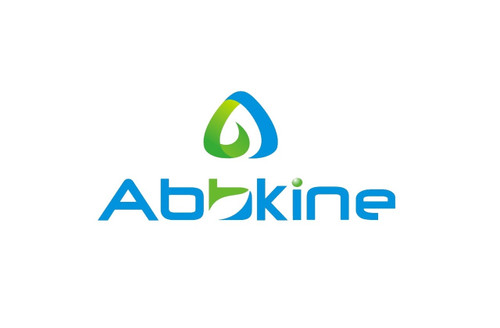Product Description
Mouse Tropomodulin-2 (TMOD2) ELISA Kit | AE14147MO | Abebio
Species Reactivity: Mouse (Mus musculus)
Abbreviation: TMOD2
Alternative Name: MGC39481; N-TMOD; NTMOD; neuronal tropomodulin
Application: ELISA
Range: Request Information
Sensitivity: Request Information
Intra-Assay: ≤6.0%
Inter-Assay: ≤9.2%
Recovery: 0, 82
Sample Type: Serum, Plasma, Other biological fluids
Detection Method: Sandwich
Analysis Method : Quantitive
Test Principale: This assay employs a two-site sandwich ELISA to quantitate TMOD2 in samples. An antibody specific for TMOD2 has been pre-coated onto a microplate. Standards and samples are pipetted into the wells and anyTMOD2 present is bound by the immobilized antibody. After removing any unbound substances, a biotin-conjugated antibody specific for TMOD2 is added to the wells. After washing, Streptavidin conjugated Horseradish Peroxidase (HRP) is added to the wells. Following a wash to remove any unbound avidin-enzyme reagent, a substrate solution is added to the wells and color develops in proportion to the amount of TMOD2 bound in the initial step. The color development is stopped and the intensity of the color is measured.
Product Overview: TMOD2 encodes a neuronal-specific member of the tropomodulin family of actin-regulatory proteins. The encoded protein caps the pointed end of actin filaments preventing both elongation and depolymerization. The capping activity of this protein is dependent on its association with tropomyosin. Alternatively spliced transcript variants encoding different isoforms have been described. TMOD2 encodes a deduced 351-amino acid protein. Northern blot analysis demonstrated restricted expression of TMOD2 in neuronal tissues; an approximately 9.5-kb transcript was seen in all brain regions. Northern blot analysis showed that expression of mouse Tmod2 occurred as early as embryonic day 7 and progressively increased during development.
Stability: The stability of ELISA kit is determined by the loss rate of activity. The loss rate of this kit is less than 5% within the expiration date under appropriate storage condition. The loss rate was determined by accelerated thermal degradation test. Keep the kit at 37°C for 4 and 7 days, and compare O.D.values of the kit kept at 37°C with that of at recommended temperature. (referring from China Biological Products Standard, which was calculated by the Arrhenius equation. For ELISA kit, 4 days storage at 37°C can be considered as 6 months at 2 - 8°C, which means 7 days at 37°C equaling 12 months at 2 - 8°C) .
 Euro
Euro
 USD
USD
 British Pound
British Pound
 NULL
NULL












